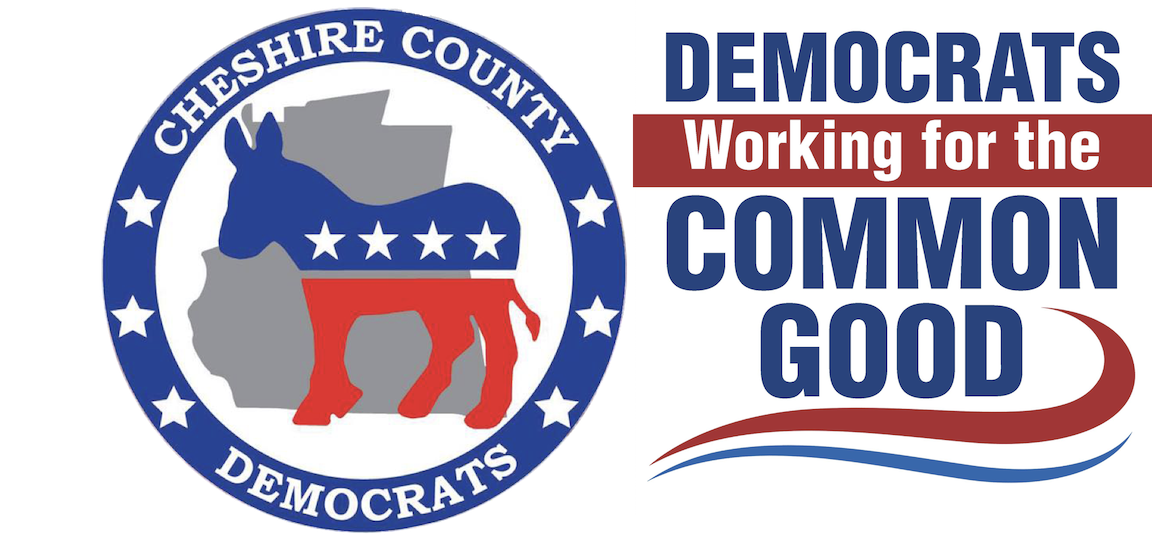
You can be sure that this weekend at the Golden Globes, Hollywood celebrities, not exactly known for their independent thinking, will turn the red carpet into a #MeToo moment replete with designer duds. Many have promised to wear black dresses to protest the stream of allegations against industry moguls and actors. Perhaps Meryl Streep will get grilled — again — about what she knew about Harvey Weinstein. The rest of us will diligently follow along on Twitter, sharing hashtags and suitably pious opprobrium.
But privately, I suspect, many of us, including many longstanding feminists, will be rolling our eyes, having had it with the reflexive and unnuanced sense of outrage that has accompanied this cause from its inception, turning a bona fide moment of moral accountability into a series of ad hoc and sometimes unproven accusations.
For many weeks now, the conversation that has been going on in private about this reckoning is radically different from the public one. This is not a good sign, suggesting the sort of social intimidation that is the underside of a culture of political correctness, such as we are increasingly living in.
The women I know — of all ages — have responded by and large with a mixture of slightly horrified excitement (bordering on titillation) as to who will be the next man accused and overt disbelief.
Publicly, they say the right things, expressing approval and joining in the chorus of voices that applaud the takedown of maleficent characters who prey on vulnerable women in the workplace.
In private it’s a different story. “Grow up, this is real life,” I hear these same feminist friends say. “What ever happened to flirting?” and “What about the women who are the predators?” Some women, including random people I talk to in supermarket lines, have gone so far as to call it an outright witch hunt.
It goes without saying that no one is coming to the defense of heinous sorts, like Kevin Spacey and Matt Lauer. But the trickle-down effect to cases like those of Garrison Keillor, Jonathan Schwartz, Ryan Lizza and Al Franken, in which the accusations are scattered, anonymous or, as far as the public knows, very vague and unspecific, has been troubling.
Perhaps even more troubling is that we seem to be returning to a victimology paradigm for young women, in particular, in which they are perceived to be — and perceive themselves to be — as frail as Victorian housewives.
Consider the fact that the campaign last month against the Met to remove a Balthus painting that shows a young girl in a suggestive light was organized by two young Manhattan feminists. Fortunately, they were unsuccessful. This is the kind of censorship practiced by religious zealots.
What happened to women’s agency? That’s what I find myself wondering as I hear story after story of adult women who helplessly acquiesce to sexual demands. I find it especially curious given that a majority of women I know have been in situations in which men have come on to them — at work or otherwise. They have routinely said, “I’m not interested” or “Get your hands off me right now.” And they’ve taken the risk that comes with it.
The fact that such unwelcome advances persist, and often in the office, is, yes, evidence of sexism and the abusive power of the patriarchy. But I don’t believe that scattershot, life-destroying denunciations are the way to upend it. In our current climate, to be accused is to be convicted. Due process is nowhere to be found.
And what exactly are men being accused of? What is the difference between harassment and assault and “inappropriate conduct”? There is a disturbing lack of clarity about the terms being thrown around and a lack of distinction regarding what the spectrum of objectionable behavior really is. Shouldn’t sexual harassment, for instance, imply a degree of hostility? Is kissing someone in affection, however inappropriately, or showing someone a photo of a nude male torso necessarily predatory behavior?
I think this confusion reflects a deeper ambivalence about how we want and expect people to behave. Expressing sexual interest is inherently messy and, frankly, nonconsensual — one person, typically the man, bites the bullet by expressing interest in the other, typically the woman — whether it happens at work or at a bar. Some are now suggesting that come-ons need to be constricted to a repressive degree. Asking for oral consent before proceeding with a sexual advance seems both innately clumsy and retrograde, like going back to the childhood game of “Mother, May I?” We are witnessing the re-moralization of sex, not via the Judeo-Christian ethos but via a legalistic, corporate consensus.
Stripping sex of eros isn’t the solution. Nor is calling out individual offenders, one by one. We need a broader and more thoroughgoing overhaul, one that begins with the way we bring up our sons and daughters.
These are scary times, for women as well as men. There is an inquisitorial whiff in the air, and my particular fear is that in true American fashion, all subtlety and reflection is being lost. Next we’ll be torching people for the content of their fantasies.

